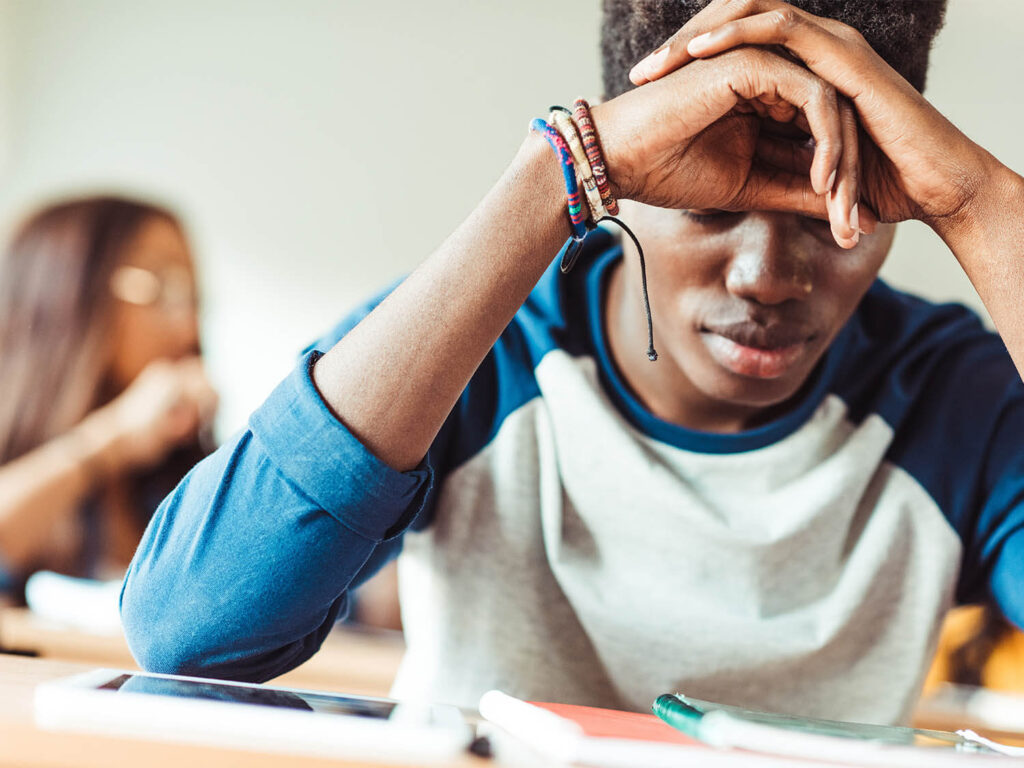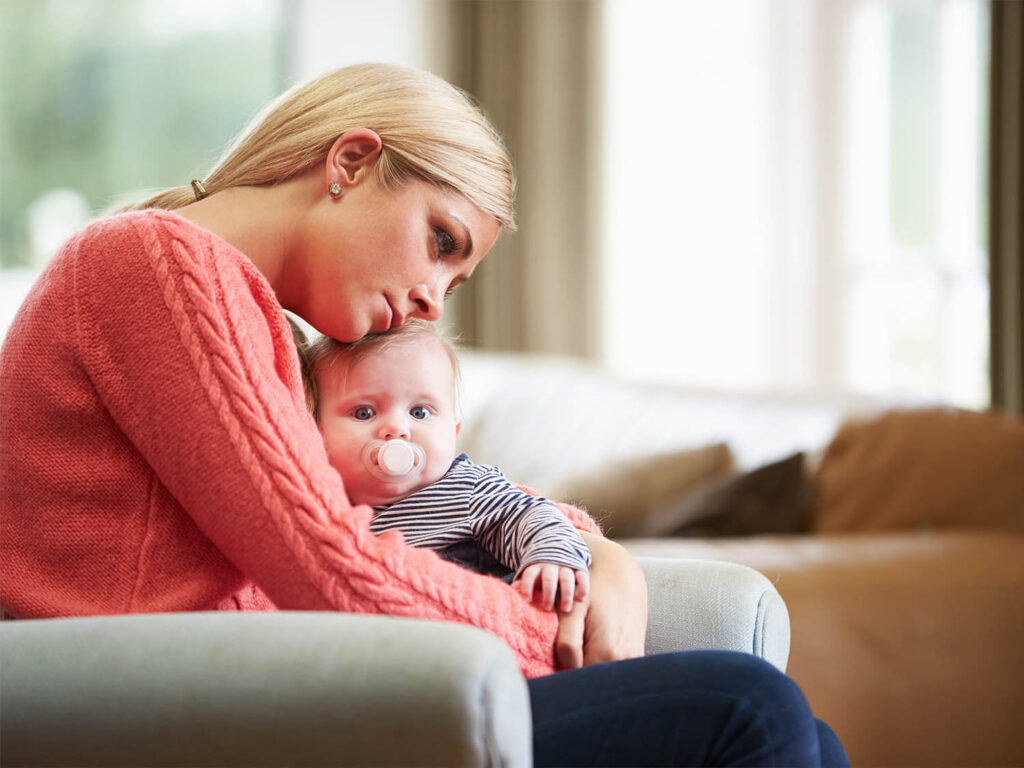Identifying Persistent Sadness
Sadness versus depression
We all can feel sad, lost, and alone sometimes. For most people this feeling dissipates as hormones regulate, circumstances change, or stress is mitigated and they are able to get back to their everyday life.
For others, though, this feeling of being low is not so easy to escape. If you struggle with feelings of sadness, hopelessness, or isolation that never seem to lift and impact any or all areas of your life, you may want to consider the idea that you may be suffering from depression.






